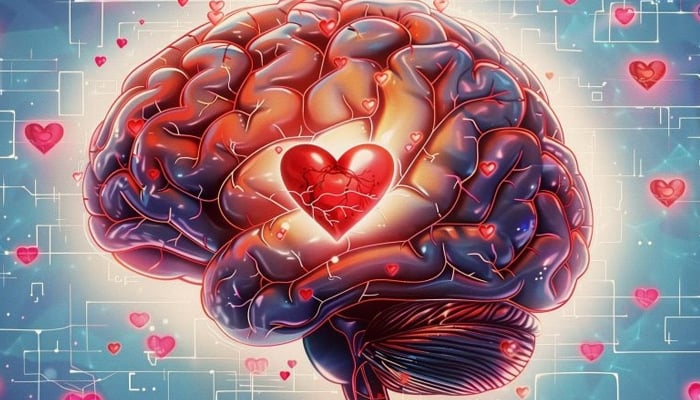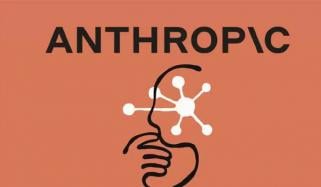
Neuroscientists have looked at love from a whole new perspective!
A recent study has successfully mapped our brain’s responses to various forms of affection, and findings suggest that each one of those activate unique circuits in head.
Scientists from Aalto University measured brain activity using functional magnetic resonance imaging (fMRI) to find that parental love lights up the most significant level of activity in mind.
“In parental love, there was activation deep in the brain’s reward system, and this was not seen for any other kind of love,” said researcher Pärttyli Rinne.
Published in this week’s Cerebral Cortex journal, results showed that compassionate affection for strangers was unsurprisingly way less rewarding than for close relationships.
Meanwhile, adoration for nature does activate the reward system and other visual areas, but unfortunately not the social brain regions.
Pärttyli Rinne informed, “When looking at love for pets and the brain activity associated with it, brain areas associated with sociality statistically reveal whether or not the person is a pet owner.”
“When it comes to the pet owners, these areas are more activated than with non-pet owners,” he added.















